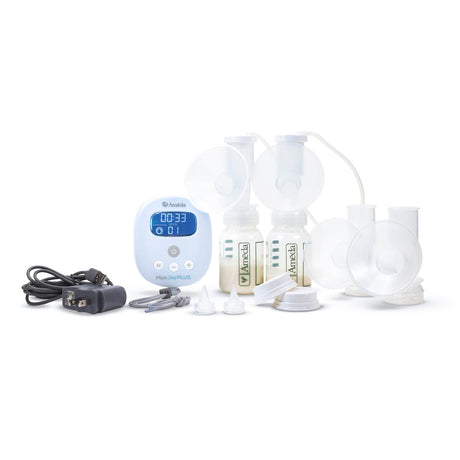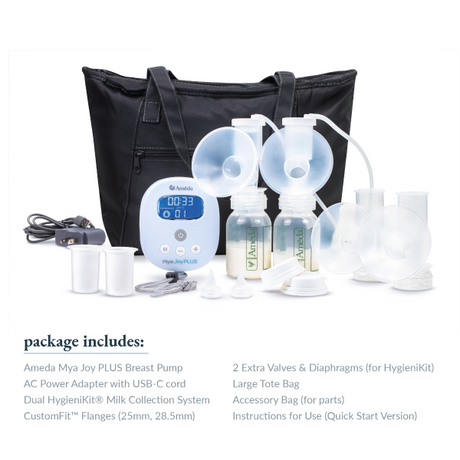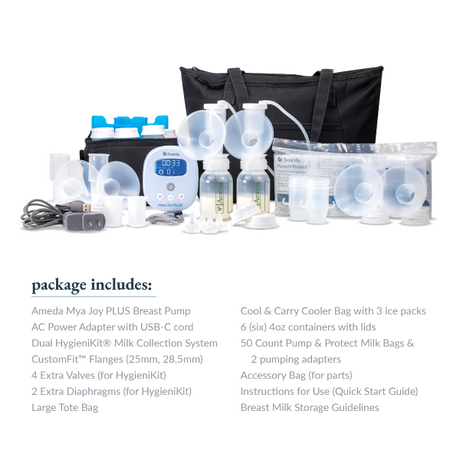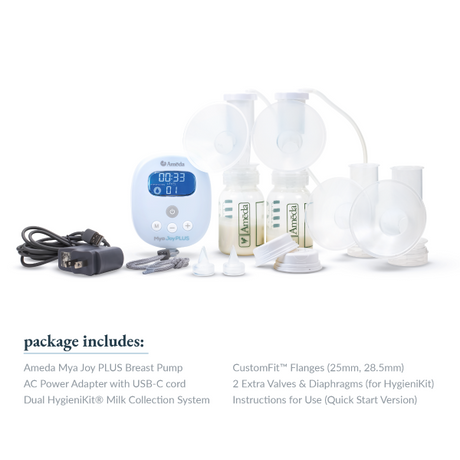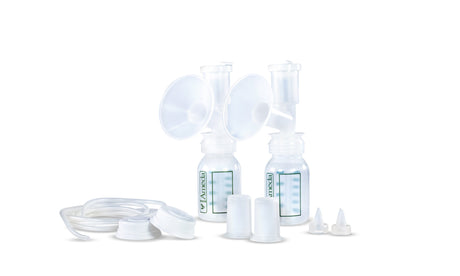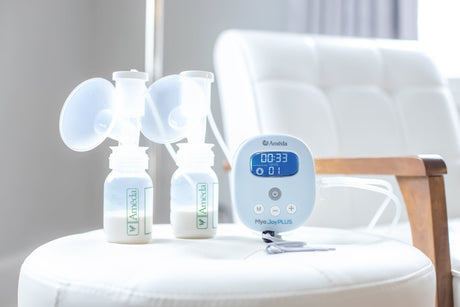Published:
by Lisa Fields
If your baby is born prematurely or has other health problems, there’s a special place for him to go where he’ll get the critical care that he needs. The hospital’s neonatal intensive care unit (NICU) is staffed by specialized doctors, nurses and other healthcare providers who look after the tiniest, sickest babies, helping them to mature, grow and thrive.
About 7 percent of all babies nationwide are admitted to the NICU. They can be sent there for any number of reasons: Some are born prematurely, and their lungs and other organs haven’t fully developed yet. Others are overdue by a week or two and may have specific health complications at birth. Some newborns are underweight and need extra care to stabilize at a healthier weight. Others have experienced trauma during a difficult delivery. Still others are born with birth defects or serious health conditions that require immediate care.
September is Neonatal Intensive Care Awareness Month, so now is the perfect time to think about the caregivers who work tirelessly to provide premature and sick babies with the best medical care possible particular to their circumstances.
Different levels of care
While they’re in the hospital, newborns are placed in nurseries that offer the appropriate level of care based on their medical needs. There are four levels in all:
- Level I care is for healthy babies who are born near their due dates without any complications.
- Level II care is for babies who have some health problems, but not severe problems. This includes preemies who are born at 32 weeks or later who weigh more than 3.3 pounds. Some babies are placed in Level II care temporarily until they can be moved to Level III care, including babies who are born with breathing problems, preemies born before 32 weeks and babies who weigh less than 3.3 pounds. Sometimes, babies who successfully endure Level III care will spend some time in a Level II care nursery once their conditions improve, before they leave the hospital. Level II units are sometimes called “intermediate care” or “special care.”
- Level III care is for babies who have more critical conditions than Level II babies. Preemies who were born before 32 weeks, babies who weigh less than 3.3 pounds, babies who need breathing assistance in order to survive and babies who have serious health conditions are placed in these units, which are formally known as the NICU.
- Level IV care is for babies who need the highest level of care. These units offer machines and technology that aren’t available at lower levels of care. They also boast surgeons who can treat serious birth defects and health conditions.

Not every hospital offers every level of neonatal care. At smaller hospitals, a baby who needs Level III care may be taken by ambulance to a larger hospital. Level IV care is often only available at regional medical centers, so newborns may be transported there, as well.
Sometimes, doctors know ahead of time that a baby will need special care upon delivery. When this is the case, the baby should be delivered at a hospital that offers Level III care, to avoid needlessly transporting a sick newborn. Other times, it’s unknown until the baby is born that he’ll need to be admitted to the NICU.
What you can do when your baby is in the NICU
When your tiny baby is lying in an isolette, connected to machines, you may feel that there’s no way for you to help him, but this isn’t true. There are many things that parents can do for their NICU babies, and nurses who work in the NICU will be glad to show you how to become more involved. These are a few ways that you can take an active role in your baby’s care while he’s in the NICU:
- Provide him with breast milk. You’ve likely heard the phrase “Breast is best.” Breast milk is always preferred, but it’s especially important for preemies and critically ill babies in the NICU. Each mother’s milk is ideally suited for her own baby, and breast milk contains antibodies that can prevent your baby from getting sick. If your baby was born very prematurely or has a serious health condition, he may not have the ability yet to breastfeed, but you can pump milk for him beginning on the day that he’s born. If you need assistance, the NICU nurses can show you how to use your breast pump. Depending on the circumstances, your baby may drink your breast milk from a bottle, or he may receive it through a feeding tube.
- Do “kangaroo care.” It’s a funny name for an activity that’s good your baby’s health. Kangaroo care is also known as skin-to-skin care, and it allows you to bond with your baby through the power of touch. The NICU nurses should encourage you to do it regularly, if your baby is allowed to be picked up. They’ll show you how to gently place your baby (who will be wearing nothing but a diaper) against your bare chest (you’ll be asked to unbutton your shirt). The physical contact helps babies to regulate their body temperature and stabilize their breathing and their heartbeat. Kangaroo care also encourages babies to breastfeed more often.
- Touch and talk to your baby. Some newborns are too sick or fragile to be picked up, but you can still connect with your baby. The nurses may show you how to gently stroke your baby’s skin while he’s lying in his isolette. If even this contact isn’t allowed, you can talk or sing to your baby, creating memories together.
- Become involved with his daily care. Some NICUs and special care units allow parents to partake in typical chores that parents normally do for their babies. A nurse may show you how to change your baby’s diaper, give him a bath, change his clothing or offer him a bottle of pumped breast milk. You may even be allowed to breastfeed your baby in the NICU, if the nurses approve.

DISCLAIMER: Ameda strives to present you with accurate and useful breastfeeding information. This article may contain information and ideas that are not necessarily the views of Ameda. It does not constitute medical advice. If you have any questions please contact your healthcare professional.


